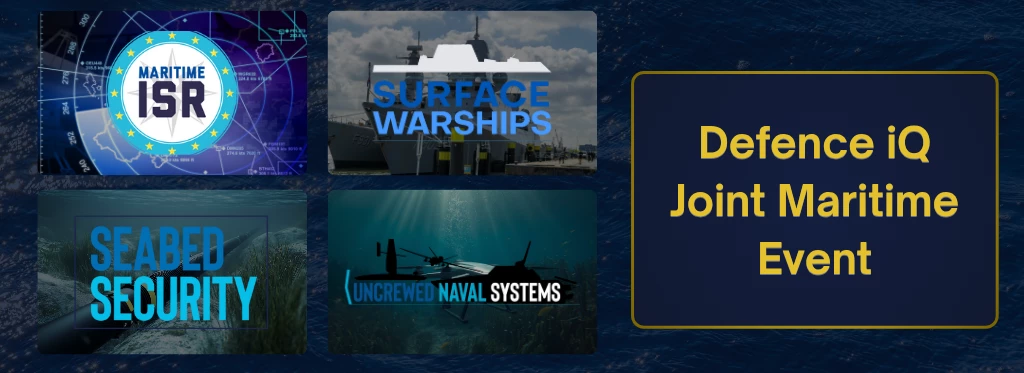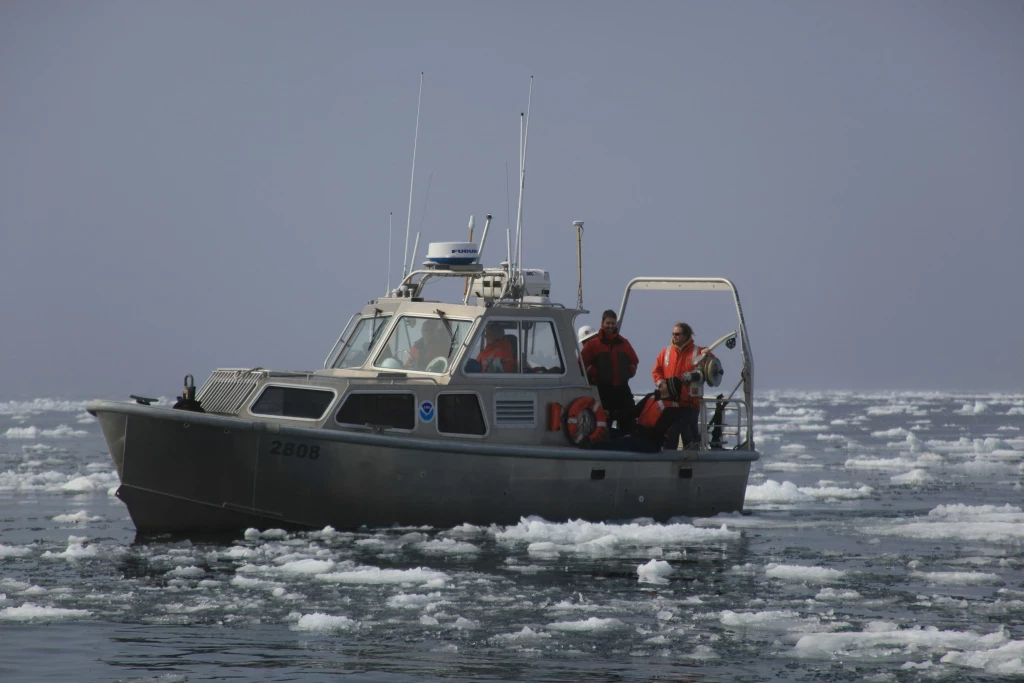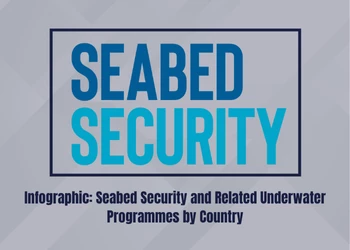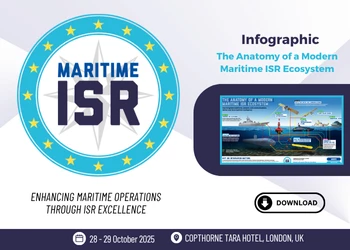Airborne SAR: Priorities and Insight from Portugal’s Rescue Coordination Centre
Add bookmarkHelicopters are of course a vital component for search and rescue (SAR) agencies as they can assist in a variety of SAR missions, offering flexible multi-role capabilities that rotary wing aircraft cannot. The Portuguese Rescue Coordination Centre currently operates the EH-101 Merlin, which is a medium-lift helicopter.
“The reason that we choose the Merlin helicopter for SAR operations in Portugal was because we can operate it to a maximum range of 350Nm off-shore, using a ferry tank and providing 30 minutes on station. For a helicopter that is great,” explained Captain Tiago Andrade, the Chief of the Rescue Coordination Centre (RCC) of Lajes, Portugal.
Captain Andrade is responsible for SAR operations in the Santa Maria Search and Rescue Region (SRR), which covers almost 5 million square kilometres and is the second largest in the North Atlantic after the Canadian SRR.
While there are communications difficulties when used at long range, Captain Andrade said it is important to have a balanced airborne capability, using the CASA C-295M and P-3C Orion fixed wing aircraft for SAR missions more than 120Nm off-shore.
Distance is a major hurdle for rotary wing SAR assets. For example, merchant vessels could make a more effective contribution to SAR operations and help with the evacuation of crew and passengers from ships in distress, according to Commander Sirio Faè, the deputy of Rome’s Maritime Rescue Co-ordination Centre (MRCC) in the Italian Coast Guard. However, they need to be better prepared and equipped, especially in areas that are far from the coast and not easily reachable by helicopter.
[inlinead]
“For mass rescue operations that require a high number of helicopters it is very important to have the capability to coordinate take-off, landing, the rescue activity of each helicopter to maximise endurance and avoiding ineffectual waiting times, or fly safety problems,” said Faè.
“This becomes even more difficult when there are many agencies or different countries that provide helicopters for the same incident. It is necessary to develop more effective command and control tools, interconnected among force providers and neighboring RCCs.”
Defence IQ spoke to Captain Andrade ahead of his presentation at the Search and Rescue conference, which is taking place in Copenhagen between 7-8 June 2016, about airborne SAR and future priorities.
“In terms of future investments for SAR operations, the priorities for me are communications systems, satellite imaging and better planning software,” said Captain Andrade. “As a secondary priority I would say the use of UAVs for SAR missions [is certainly an area of interest].”
We asked the SAR chief what he thought would make a difference to the operations in the future; what innovations or initiatives should be put in place to help encourage more integrated and successful international SAR operations?
As it turns out, Captain Andrade is a bit of a forward-thinker:
“I think we should invest in an international SAR school, where all stakeholders would receive the same training and qualifications, helping with the international operations.”
It is a fascinating concept, and one that may well encourage better inter-agency and multi-national cooperation for the search and rescue community. The bureaucracy involved in establishing it, along with securing international approval for all of the qualifications and processes, however, is another matter.
It is clear then that Captain Andrade believes that international collaboration is vital to future SAR successes. He went on to explain why this multinational collaboration is essential.
“We need to invest in international exercises. Executing a SAR mission in the Santa Maria SRR is not the same as executing an SAR mission in the Norfolk SRR. And the way that we do our work is different for sure. If we don't share information and learn from each other, we will never move forward.”
“Multinational training is very important, especially among neighbouring countries,” agreed Commander Faè. “The whole SAR community should cooperate in order to contribute to SAR efforts, which for a long time have been only seen as the responsibility of neighbouring countries despite the enormous amount of SAR efforts needed.”






















